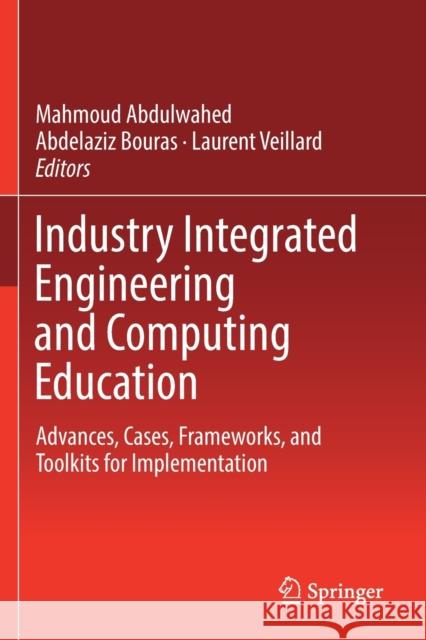Industry Integrated Engineering and Computing Education: Advances, Cases, Frameworks, and Toolkits for Implementation » książka
topmenu
Industry Integrated Engineering and Computing Education: Advances, Cases, Frameworks, and Toolkits for Implementation
ISBN-13: 9783030191412 / Angielski / Miękka / 2020 / 227 str.
Industry Integrated Engineering and Computing Education: Advances, Cases, Frameworks, and Toolkits for Implementation
ISBN-13: 9783030191412 / Angielski / Miękka / 2020 / 227 str.
cena 201,24
(netto: 191,66 VAT: 5%)
Najniższa cena z 30 dni: 192,74
(netto: 191,66 VAT: 5%)
Najniższa cena z 30 dni: 192,74
Termin realizacji zamówienia:
ok. 22 dni roboczych.
ok. 22 dni roboczych.
Darmowa dostawa!
Kategorie:
Kategorie BISAC:
Wydawca:
Springer
Język:
Angielski
ISBN-13:
9783030191412
Rok wydania:
2020
Wydanie:
2019
Ilość stron:
227
Waga:
0.34 kg
Wymiary:
23.39 x 15.6 x 1.3
Oprawa:
Miękka
Wolumenów:
01
Dodatkowe informacje:
Wydanie ilustrowane











